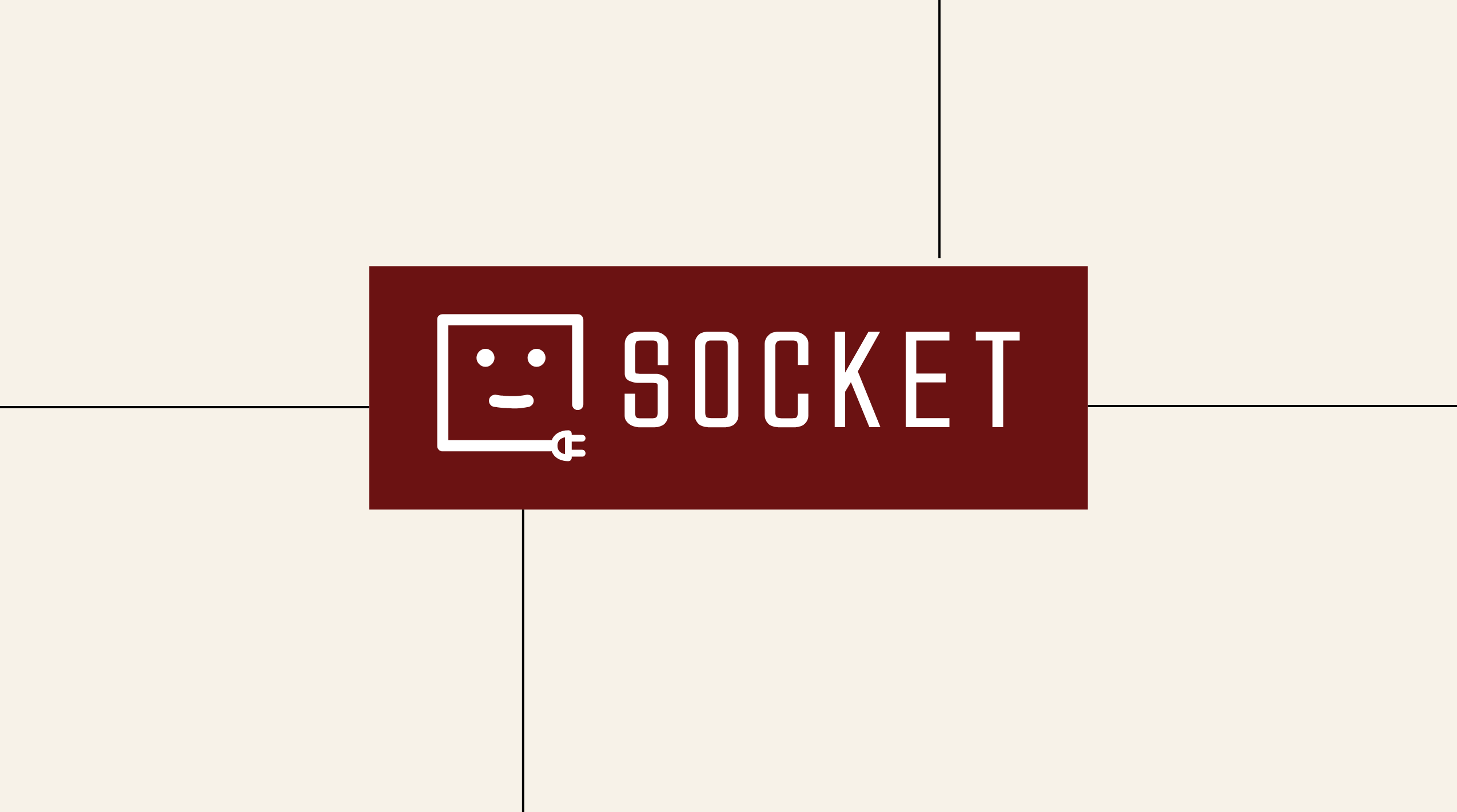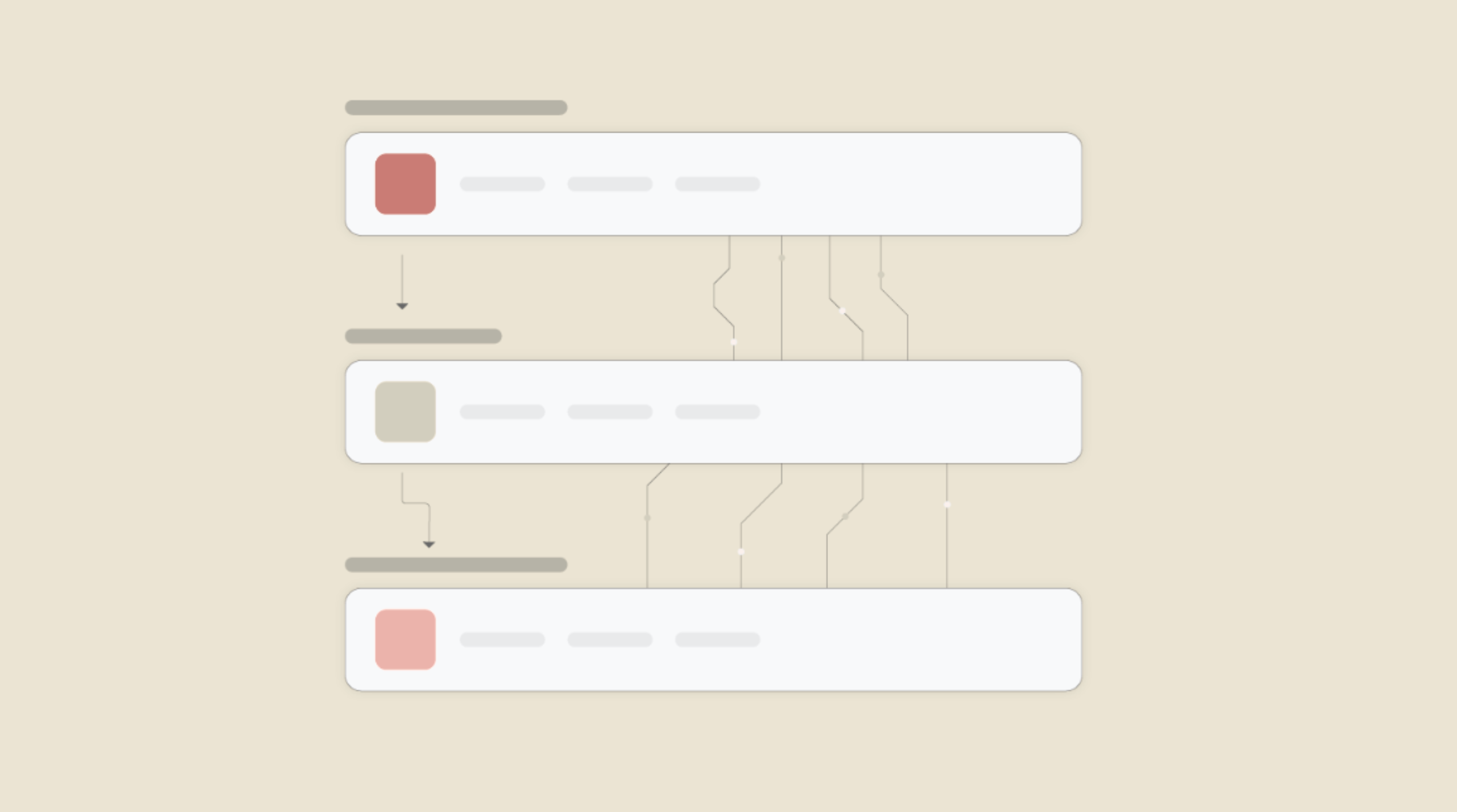Connect TimeCamp and Placid to Build Intelligent Automations
Choose a Trigger

When this happens...
- Request a new Trigger for TimeCamp
Choose an Action

Automatically do this!
- Request a new Action for Placid
Enable Integrations or automations with these events of TimeCamp and Placid
Enable Integrations or automations with these events of TimeCamp and Placid
Actions
Create Task
Create a new task in a specific project.
Create Time Entry
Create a new time entry.
Create Project
Create a new project.
Update Task
Update a task by its id
Delete Time Entry
Delete a time entry by its id.
Know More About Timecamp and Placid Integrations

How viaSocket Works | A Complete Guide
Gain insights into how viaSocket functions through our detailed guide. Understand its key features and benefits to maximize your experience and efficiency.

5 Simple Automation Hacks to Make Your Team Free
Unlock your team's potential with 5 straightforward automation hacks designed to streamline processes and free up valuable time for more important work.

What is Workflow Automation - Definition, Importance & Benefits | A Complete Guide
Workflow automation is the process of using technology to execute repetitive tasks with minimal human intervention, creating a seamless flow of activities.
Frequently Asked Questions
To start, connect both your TimeCamp and Placid accounts to viaSocket. Once connected, you can set up a workflow where an event in TimeCamp triggers actions in Placid (or vice versa).
Absolutely. You can customize how TimeCamp data is recorded in Placid. This includes choosing which data fields go into which fields of Placid, setting up custom formats, and filtering out unwanted information.
The data sync between TimeCamp and Placid typically happens in real-time through instant triggers. And a maximum of 15 minutes in case of a scheduled trigger.
Yes, viaSocket allows you to add custom logic or use built-in filters to modify data according to your needs.
Yes, you can set conditional logic to control the flow of data between TimeCamp and Placid. For instance, you can specify that data should only be sent if certain conditions are met, or you can create if/else statements to manage different outcomes.
About TimeCamp
TimeCamp is a simple, yet feature-rich time tracking app to help you gain insights into yourprojects and tasks.
Learn MoreAbout Placid
Placid.app is a creative automation platform that lets users auto-generate on-brand visuals—such as social media graphics, ads, and personalized content—at scale using customizable templates. With a drag-and-drop editor, teams or individuals can design dynamic templates, fill in text, images, and other elements through forms, APIs, or no-code integrations. .
Learn More